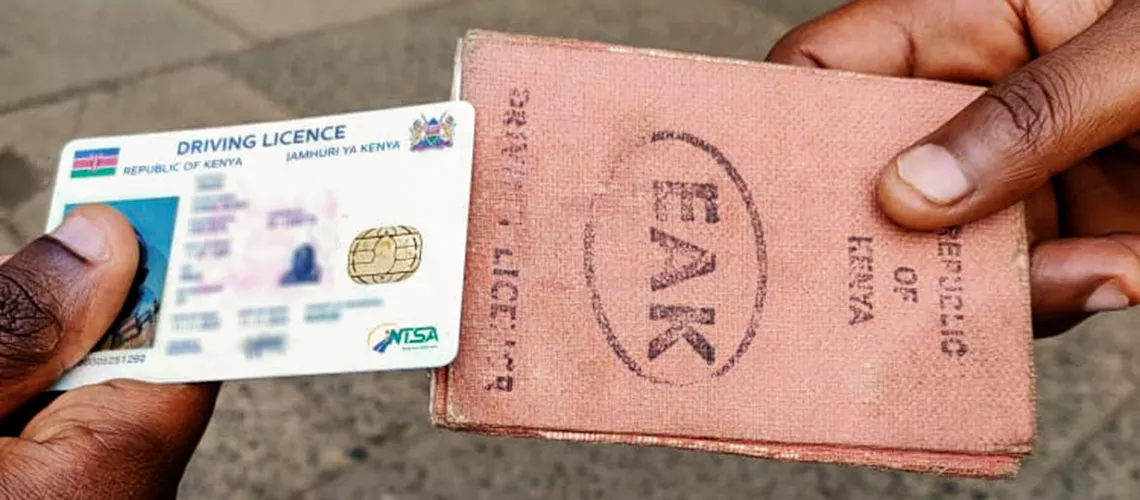Rwanda seeks to combat malnutrition by increasing iron and zinc levels in Irish potatoes

Initial results from the trials show that the potatoes yield approximately 20 tonnes per hectare.
Rwanda is taking a bold step towards improving nutrition and addressing malnutrition and stunting by developing bio-fortified Irish potato varieties.
According to the News Times, the government of Rwanda is working to enhance the nutritional content of Irish potatoes, a staple food and one of the six priority crops in the country's crop intensification programme, by increasing their iron and zinc levels.
More To Read
- Africa’s agri-food trade more than doubles, but hunger still soars - report
- Rwanda calls Human Rights Watch's count of new graves at military cemetery "disrespectful"
- Rwandan President Paul Kagame urges open skies as Africa aviation summit kicks off
- President Paul Kagame urges open skies as Africa aviation summit kicks off
- Turkana partners with Save the Children, UNICEF to strengthen fight against malnutrition
- Rwanda set to launch Africa’s first self-flying taxi
This initiative is part of Rwanda's broader strategy to combat malnutrition, especially among vulnerable populations such as children and pregnant women.
Telesphore Ndabamenye, the Director General of the Rwanda Agriculture and Animal Resources Development Board (RAB), emphasised the importance of bio-fortified potatoes for tackling malnutrition, particularly in women of childbearing age and young children.
“Bio-fortified potatoes are crucial for addressing malnutrition in Rwanda," Ndabamenye said.
These potatoes, enriched with essential nutrients like iron and zinc, are currently undergoing multi-location trials across the country, with official release anticipated for the 2026 agricultural season.
The initiative is part of Rwanda's broader crop intensification programme, which includes the introduction of other bio-fortified crops to combat nutritional deficiencies.
Currently, 12 bio-fortified potato clones are undergoing multi-location trials at research stations in Kinigi (Musanze), Rwerere (Burera), and Gakuta (Rutsiro and Karongi).
These trials are aimed at evaluating the agronomic performance and yield potential of the advanced clones.
Improved yields
Initial results from the trials show that the potatoes yield approximately 20 tonnes per hectare.
The best-performing varieties from these trials will move to national trials, with an official release of the most successful clones anticipated for the 2026 agricultural Season A.
This initiative is part of a larger effort to improve nutrition through bio-fortification.
In addition to bio-fortified potatoes, Rwanda’s Ministry of Agriculture has also introduced other crops, including vitamin A-enriched sweet potatoes and iron- and zinc-fortified beans, to help mitigate widespread nutritional deficiencies in the country.
Bio-fortification is a method that involves increasing nutrient levels in crops through conventional breeding or genetic engineering. Iron and zinc-rich potatoes can help reduce anaemia, boost immunity, and decrease stunting.
Other Topics To Read
The World Health Organisation estimates that over 1.6 billion people globally suffer from iron and zinc deficiencies, contributing to maternal mortality, childhood stunting, and impaired mental development.
In addition to bio-fortification efforts, Rwanda is also exploring genetically modified (GMO) potato varieties.
These GMO potatoes are designed to resist late blight, a devastating disease that destroys up to 80 per cent of potato crops. GMO potato trials are set to begin in February 2025 in Musanze District, marking another critical step in Rwanda's agricultural and nutritional transformation.
The International Potato Centre (CIP), a global leader in potato research is also collaborating with Rwanda to introduce bio-fortified potato clones with 40–80 per cent more iron and zinc than standard varieties.
In 2018, CIP supplied 57 improved clones to Kenya, Ethiopia, and Rwanda for further development and dissemination across East Africa.
Top Stories Today













































